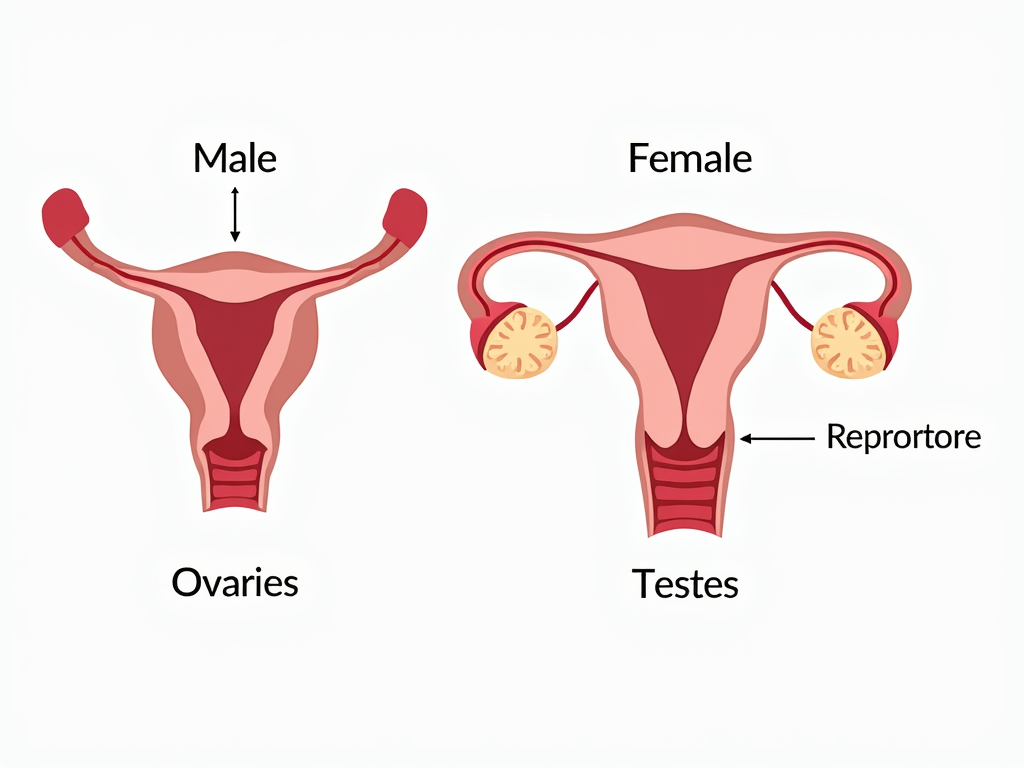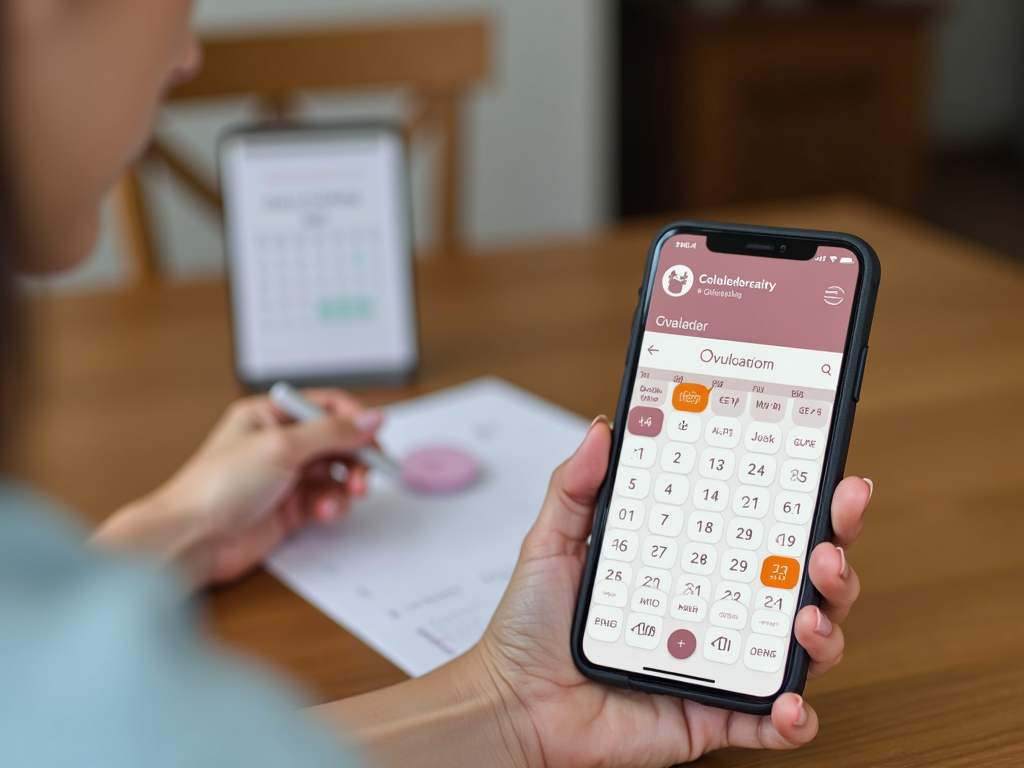Fertility Myths vs. Reality: What You Need to Know
March 24, 2025, 11:37 a.m.
Overview
Struggling to conceive can feel overwhelming, especially with so much misinformation out there. In this article, we’ll debunk common fertility myths and share the realities you need to know. We’ll also explore the benefits of a fertility consultation and what happens at a fertility clinic.

Myth 1: Fertility is only a woman’s problem.
Lots of people think infertility is just a woman’s issue. That’s not true. Experts say 40% of infertility cases come from men, 40% from women, and 20% from both. Both partners need to get checked to find the real cause.
Reality:
Men can have low sperm count or poor sperm quality, while women might face issues like blocked tubes. Testing both is the smart first step. Don’t assume it’s just one person’s challenge—fertility is a team effort.
Myth 2: Age doesn’t affect men’s fertility.
Some believe men can have kids at any age without problems. Not quite. As men get older, their sperm quality drops. This can make it harder to conceive and raise risks for miscarriage.
Reality:
After 40, men’s fertility takes a hit. Sperm count decreases, and DNA damage in sperm goes up. It’s not just women who need to think about the biological clock—age matters for both.

Myth 3: You can get pregnant anytime in your cycle.
Many think pregnancy can happen any day of the month. That’s a myth. You’re only fertile for a short window—about 5-6 days—around when you ovulate.
Reality:
Ovulation usually happens mid-cycle, like day 14 in a 28-day cycle. Sperm can live inside you for up to 5 days, but the egg is only good for about 24 hours. Timing is everything!
Myth 4: Stress is the main cause of infertility.
People often blame stress for not getting pregnant. While it doesn’t help, there’s no proof stress alone stops conception. Infertility usually has physical causes.
Reality:
Hormone issues, blocked tubes, or low sperm count are more likely culprits. That said, lowering stress with exercise or therapy can boost your overall health and maybe your odds.

Myth 5: Certain positions prevent pregnancy.
Some say specific sex positions can stop conception. That’s false. No position blocks sperm from reaching an egg if it’s there to meet it.
Reality:
Pregnancy depends on sperm meeting egg, not how you get there. Contraception like condoms or pills works—positions don’t. Focus on what’s proven, not old tales.
Why a Fertility Consultation Matters
Before jumping into IVF, a fertility consultation can be a game-changer. It’s your chance to sit with a specialist, go over your health, and figure out what’s really going on.
During a consultation, you’ll talk about your medical history and maybe do tests like blood work or an ultrasound. This helps spot issues—like low egg count or sperm problems—early on.

Benefits of Fertility Consultation Before IVF
One big perk? You get a plan tailored to you. A consultation might show IVF isn’t even your best bet—maybe medication or surgery could work instead.
It also saves time and money. IVF is intense, and knowing your odds upfront can make it more successful. Plus, you’ll feel more in control with clear answers.
What Happens at a Fertility Clinic?
Walking into a fertility clinic might feel scary, but it’s pretty straightforward. You’ll meet a specialist who listens to your story and checks your health.
Expect some tests—women might get an ultrasound, men a semen analysis. The goal? Find out why conception isn’t happening and what can help.

A Real Story
Take Lisa, 32. She says, 'I thought infertility was my fault. Visiting a fertility clinic showed it was my husband’s sperm count. We fixed it with treatment—not IVF—and now we’re expecting!'
Stories like Lisa’s show why getting help matters. You’re not alone, and experts at a fertility clinic can guide you through it.
Actionable Tips to Boost Fertility
Want to improve your chances? Here’s what works:
- Eat well: Load up on fruits, veggies, and whole grains.
- Move more: Exercise keeps your body ready.
- Quit smoking: It hurts eggs and sperm.
- Cut alcohol: Less booze can mean better fertility.
If you’ve been trying for a year—or six months if you’re over 35—see a specialist. Don’t wait. Early help can make a huge difference.

Common Fertility Treatments
Here’s a quick look at options:
| Treatment | What It Is | Best For |
|---|---|---|
| IVF | Eggs and sperm join outside, then go in | Blocked tubes, low sperm |
| IUI | Sperm goes straight to uterus | Mild male issues |
| Meds | Pills boost egg production | Hormone imbalances |
Your specialist will pick what fits you. It’s not one-size-fits-all—another reason a fertility consultation rocks.
Summary
Fertility myths can confuse anyone trying to conceive. The truth? Infertility hits men and women, age matters, and timing is key. A fertility consultation before IVF can set you up for success, and a fertility clinic offers real answers. Take charge—get the facts and act.